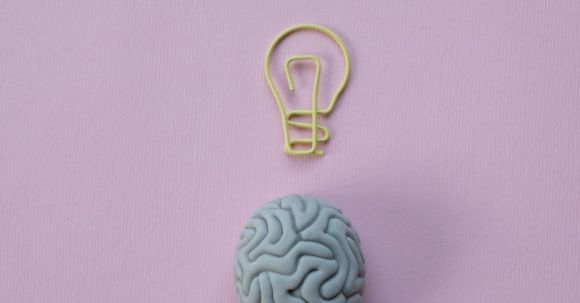The human brain is a remarkable organ that plays a vital role in our everyday lives. It is responsible for our thoughts, emotions, memories, and actions. In this article, we will explore the structure of the brain, its various functions, and how it controls our behavior.
Structure of the Brain
The brain can be divided into several main parts, each with its own unique functions. The largest part of the brain is called the cerebrum, which is divided into two hemispheres – the left and the right. The cerebrum is responsible for higher cognitive functions such as language, reasoning, and problem-solving.
Beneath the cerebrum lies the brainstem, which connects the brain to the spinal cord. The brainstem controls basic functions such as breathing, heart rate, and digestion. It also plays a role in our sleep-wake cycle.
At the base of the brain is the cerebellum, which is involved in coordinating movement, balance, and posture. It helps us perform complex motor tasks, such as riding a bicycle or playing a musical instrument.
Functions of the Brain
The brain performs a multitude of functions that are essential for our survival and well-being. Here are some of its key functions:
1. Sensory Processing: The brain receives information from our senses – sight, hearing, touch, taste, and smell – and processes it to create our perception of the world around us. This allows us to recognize objects, interpret sounds, and experience different sensations.
2. Memory Formation: The brain is responsible for creating and storing memories. It processes information and stores it in different areas of the brain for later retrieval. Memories can be short-term or long-term, and they play a crucial role in our ability to learn and adapt.
3. Emotional Regulation: The brain plays a crucial role in regulating our emotions. It processes emotional stimuli and triggers the release of neurotransmitters, such as serotonin and dopamine, which influence our mood and behavior. Disorders in the brain’s emotional regulation can lead to conditions like depression and anxiety.
4. Motor Control: The brain controls our voluntary and involuntary movements. It sends signals to the muscles through the spinal cord, allowing us to walk, talk, and perform various actions. Motor control is a complex process that involves coordination between different parts of the brain.
5. Language and Communication: The brain is responsible for our ability to understand and produce language. It processes information from different regions of the brain involved in language processing, allowing us to communicate effectively with others.
6. Decision-Making: The brain plays a crucial role in decision-making. It evaluates different options, weighs their pros and cons, and selects the most appropriate course of action. Decision-making is a complex process that involves multiple regions of the brain working together.
Understanding the brain’s functions is essential for advancements in neuroscience and the development of treatments for brain-related disorders. Scientists continue to study the brain to unravel its mysteries and unlock its full potential.
In conclusion, the human brain is a complex and fascinating organ that controls our thoughts, emotions, memories, and actions. Its structure and functions are interconnected, allowing us to perceive the world, learn, communicate, and make decisions. By continuing to study the brain, we can gain a deeper understanding of ourselves and improve the quality of life for individuals with brain-related conditions.
